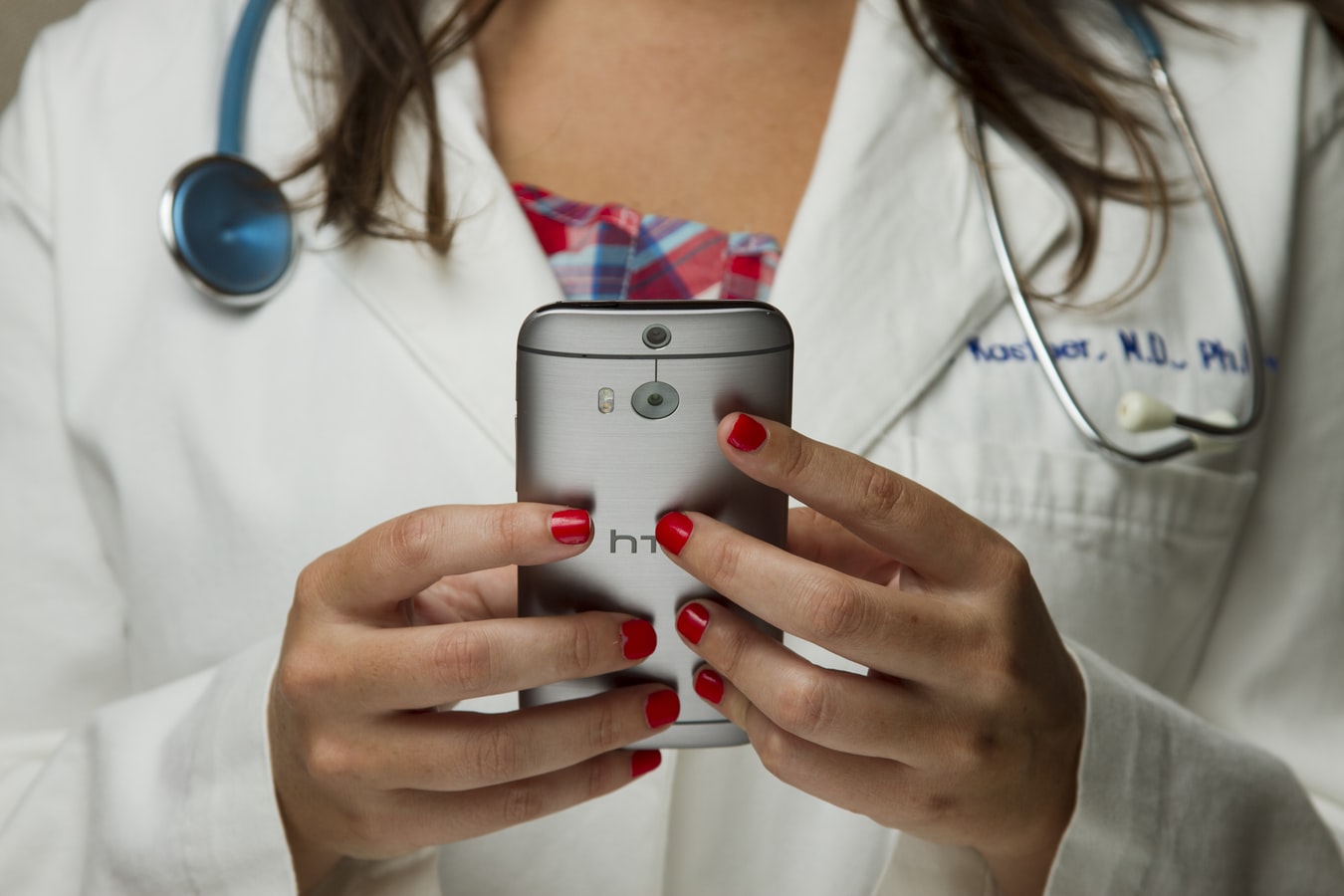Germany introduces new Digital Healthcare Act: Health apps now available on prescription
Published on 14th May 2020

The digital health applications' market is big and the products range from apps that support regular medications and monitoring of blood sugar levels, to analysing disease symptoms. According to a study by the German Federal Ministry of Health, between 80,000 and 90,000 health apps were already on the market in 2016 which has likely increased to six-digit numbers. Until recently, the users had to bear the costs of these apps themselves. From 2020 onwards, health apps will be reimbursed by statutory health insurance.
The new Digital Healthcare Act (“Digitale-Versorgung-Gesetz” - DVG) passed by the German Bundestag on November 7, 2019, allows doctors and psychotherapists in Germany – as the first country in the world - to prescribe medical apps which can be reimbursed by statutory health insurance according to the new §§ 33a and 139e of the German Social Code V (“Sozialgesetzbuch V” – SGB V). In addition, the Digital Healthcare Act introduced a quick approval procedure of digital health applications for the standard provision by statutory health insurance.
I. Which health apps are reimbursed by the statutory health insurance?
After the Digital Healthcare Act came into effect, patients covered by statutory health insurance providers have a right to be reimbursed for digital health applications. However, this won't apply to all health apps: specifically, the law applies to smartphone apps that, for instance, support diabetics, pregnant women or patients with high blood pressure in their everyday life, such as reminders for taking medication or digital diaries. Applications that accompany psychotherapy can also apply for approval by the Federal Institute for Drugs and Medical Devices.
On the other hand, applications like pedometers, calorie counters and work-out trackers are not reimbursed by health insurance companies, as they do not serve any medical purpose and therefore only count as lifestyle products.
The new regulation furthermore only applies to digital health applications that are marketable as medical devices of risk class I (low risk potential) or risk class IIa (medium risk potential). Moreover, the apps must complete a simplified approval procedure and subsequently be listed in the newly created directory for reimbursable digital health applications pursuant to § 139e SGB V.
II. How does the approval procedure for health apps work?
In order to ensure quick and unbureaucratic approval of health applications, the application procedure is primarily digital and manufacturers are given easier access. Firstly, the manufacturers must apply to the Federal Institute for Drugs and Medical Devices (“Bundesinstitut für Arzneimittel und Medizinprodukte” - BfArM). The BfArM then tests the apps for safety, functionality, quality, data security and data protection. The specific test criteria are defined by the new Digital Health Applications Ordinance (“Digitale-Gesundheitsanwendungen-Verordnung” – DiGAV) that came into force on April 21, 2020.
After the first check, the app will provisionally be reimbursed by the statutory health insurance at the manufacturer's price for one year. During this 12-month period, manufacturers must prove to the BfArM that the app has a medical benefit and significantly improves the patients’ healthcare. If after the second test the application is permanently included in the regular healthcare program provided by the statutory health insurance, the manufacturers then negotiate the price they will receive for the following years with the Central Federal Association of the Statutory Health Insurance Funds (“GKV-Spitzenverband”). If an app does not get approved, it won't be reimbursed under the new legislation, not even through individual contracts with health insurance companies.
III. Who is liable for the functionality of the apps?
Even after being approved for safety, functionality and quality, health apps still may occasionally display incorrect values or other malfunctions which raises a number of liability questions.
- Liability of the prescribing doctor
The prescribing doctor generally is liable under the treatment contract with the patient in accordance with §§ 280 subsection 1 in conjunction with §§ 630a et seq. of the German Civil Code (“Bürgerliches Gesetzbuch” – BGB) and under tort law according to § 823 subsection 1 and 2 BGB. Under the treatment contract, the doctor owes the patient so-called "specialist standard". If the doctor chooses to use a new and not yet generally introduced method which bears risks that have not yet been conclusively clarified, he must provide the patient with comprehensive information.
However, in case of unforeseeable malfunctions of the app with negative health effects for the patient, the doctor will rarely be blamed if he did not know or did not have to know the risk in question. Furthermore, in the area of contractual medical liability pursuant to §§ 630a et seq. BGB, the burden of proof with regard to the causal relationship between the treatment error and the health damage suffered by the patient lies in principle with the patient.
- Liability of the app’s manufacturer
The manufacturer of the health app can also be liable under contract and tort law. According to § 4 of the German Medical Devices Act (“Medizinproduktegesetz” – MPG), he must follow strict safety requirements for the protection of patients when placing medical products on the market due to potential risk. In the event of incorrect use of the app by the patient himself, the manufacturer may also be liable for a possible breach of his duty to provide adequate instructions.
Until now, the application of product liability law to digital applications has been disputed, since an app is not a physical object and unlikely to be considered as a product for the purposes of § 2 of the German Product Liability Act (“Produkthaftungsgesetz” – ProdHaftG). The European legislation regarding product and manufacturer's liability in this area is yet to develop.





